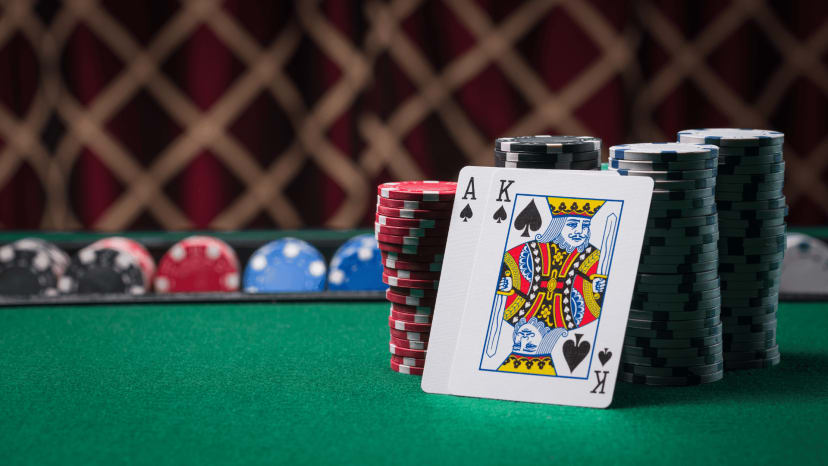Poker Life Lessons Applicable in Real Life Situations

Life's often a bit of a gamble, eh? You've gotta size up situations, make smart calls, and stick to your guns to come out on top. Nobody's going to teach you all that – it's all about learning from your own slip-ups. But if you're keen on hitting the tables, whether in person or online, there are heaps of poker life lessons you can grab. So, without beating around the bushy, here are some essential life skills you can pick up from playing poker.
Lesson #1: Patience is a Virtue (Especially in NZ Online Casinos)
One thing's for sure: a lot of casino goers in New Zealand are a bit hesitant aboutplaying online casino poker. Instead, they get drawn to those flashy slot machines and roulette wheels. Newbies reckon poker's too tricky to get your head around compared to games of chance, where you just hit 'spin' and hope for the best.
To be fair, you do need a bit of a skillset to hack it in the poker world, whether you're playing at a land-based casino or ontop online casinos. But if you're game to stick with it and sharpen your skills, you'll start bagging more poker hands than you do lucky spins on a pokie machine. Remember, becoming a gun poker player takes heaps of time and practice. The life lesson? Patience and solid dedication are key in life, mate.
Lesson #2: Keep Your Head in the Game – Discipline and Focus in Poker
Unlike pure luck games, poker players need to be disciplined at the table and stay locked onto the action. You've got to play every hand like you mean it and keep tabs on every card dealt. And since you can't do squat about how the cards fall, don't waste your brainpower stressing over it.
The same goes for real life, aye. Life throws curveballs you often can't control. So, rather than pointing fingers, focus on figuring out how to get yourself out of a bind. For example, don't just sit there whinging after losing your job. Get stuck in and find another gig!
Lesson #3: Don't Be Shy – Make Bold, Calculated Plays
You've probably seen those quiet poker players who are scared of taking a punt. While it might work sometimes, these players usually end up losing more than they win. Sure, their losses might not be massive. But over time, their bankroll takes a serious hammering.
Plus, gutsy poker players are the ones who usually snag the big pots – the ones cautious players can only dream of. The lesson here is that if you're not willing to take smart, bold risks, you'll miss out. Remember the old saying: fortune favours the brave, eh?
Lesson #4: Bluffing - It Works, But Not Every Single Time
Bluffing is a common term when playing poker at casinos. It means camouflaging a weak hand to look strong and vice-versa. In return, other players on the table can feel intimidated by your moves and fold. But it doesn’t always work when playing against seasoned pros who can easily read your actions.
The same applies in life. Although some fake it till they make it, this will only harm them in the long run. You can go on impressing the whole world with a flamboyant lifestyle, but you’re suffering in silence. So, don’t display a fake character just for public relations. Your mum or partner will likely know you’re faking it!

Lesson #5. Bankroll Management is Critical
First, this point cuts across all gambling activities, including sports betting. In online poker, things often go south, and players lose a lot of funds. So, to effectively absorb the shocks of losing, creating a gambling budget is paramount. Divide it into smaller daily, weekly, or even monthly gambling units.
Similarly, life is all about managing finances. It’s possible to get carried away during a payday and blow half your pay on impulse buying. Therefore, budget your funds and only purchase what you need. Don’t buy a sleek Ferrari with all your life savings when you know that hospital insurance and other bills haven’t been settled.
Lesson #6. The Ability To Calculate Risk
Whether it’s in poker or in business, it’s important to get good at calculating and managing risk.
Do you understand the trade-offs? Would you bet all your money on a bad hand? You shouldn’t – and you wouldn’t in business either. Both poker and business are unpredictable, which makes measuring potential gains and losses, factoring in every possibility, and reflecting on the types of risk involved key to making the right move – whether that has to do with a bluff, raise, or fold, or with marketing decisions, budgeting allocations or project plans.
Both at the poker table and in the boardroom, risk calculation involves performing some quick math, making assessments, and using your instinct.
Lesson #7. Reading People Is Very Important
Reading people leans into negotiation. These are two factors that are helped by an ability to function well in business, poker, and life. When you play poker online or at a land-based casino, to be able to stay one step ahead, you must be able to anticipate the other player’s moves, tells, and weaknesses.
With business, whether it’s colleagues, customers, or competitors, reading people is undoubtedly an essential skill.
Understanding people and being able to assess the situation clearly allows you to engage in a meaningful way, get through to people, motivate and inspire, and respond in the best way – whether it’s seeing the potential of an employee and placing them in the right position, selling to a potential client, or while talking with an occasional interlocutor.
Lesson #8. Always Learning
Learning is a continuous process in online casino poker. Even the most decorated players typically find themselves in sticky scenarios where they must figure out a quick solution. For example, a “fish” on the table can pull a fast one on those overrated pros, leaving them in shock.
Life is full of surprises, sometimes from the least expected source. But by now, you should know that the solution is never far away. It’s common for a teacher to learn a thing or four from their student. So, in conclusion, always be attentive and give a listening ear.
Conclusion
Poker is definitely not your usual casino game. This is evidenced by John von Neumann, an American mathematician and computer scientist who applied poker bluffing in politics, warfare, psychology, and other fields of study.
But the good thing is that you don’t need a big budget and a library to apply these poker life lessons. Make more calculated moves, learn other people’s behaviors, and have a budget for everything. Overall, there’s more to poker than winning and losing.
FAQ
How Can Playing Poker Hone Your Decision-Making Skills for Everyday Kiwi Life?
Poker sharpens your decision-making abilities by teaching you to quickly and accurately size up situations. It highlights the importance of reading the play, understanding the odds, and making calls based on incomplete information. These skills are directly applicable to everyday Kiwi life, where you often need to make quick, informed decisions at work or at home.
What Poker Strategies Can Help You Manage Your Personal Finances Better?
Poker teaches financial discipline and how to assess risk. You learn to manage your bankroll, avoid rash decisions, and understand the value of strategic investments. Applying these principles to your personal finances can help with budgeting, saving, and making smart financial choices, like knowing when to take a punt and when to be careful with your spending.
How Does Weighing Up Risk vs. Reward in Poker Translate to Real-Life Scenarios?
In poker, you're always weighing up the potential risk against the possible reward of a decision. This idea is really useful in real life, especially when it comes to career moves, investments, and even relationships. It teaches you to think about the potential outcomes of your actions and make choices that balance risk with the chance of a good result.
Can Poker Help You Develop Emotional Control and Resilience in Life?
Poker players need to keep their cool to avoid "tilting" – making bad calls because they're frustrated or angry. This emotional control is just as important in real life, helping you stay calm under pressure, think straight in tough situations, and bounce back from setbacks. The resilience and emotional regulation you learn from poker can help you handle stress better and solve problems more effectively.














